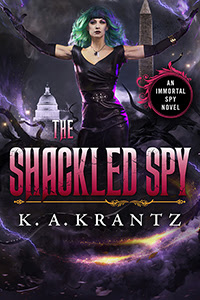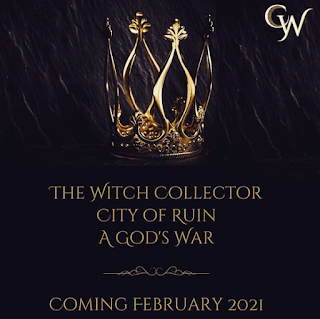Do you pull real life into your writing? More specifically, is our current pandemic showing up in your books? Like the Notre Dame Cathedral above, our world is rebuilding, but do we want to see it in our books?
My fellow SFF Seveners have answered rather well this week, but it’s still a tough question to face as a writer. Which makes me wonder if it’s different from a reader standpoint?
I’ve said it before and my stance hasn’t changed, I read for fun and to escape. Stress running high? Read. Exhausted from work or house projects? Read. Heartache that you’d rather not think about any more? Read.
Reading clearly works for me and if I look back at the books I’ve read so far this year it’s pretty heavy in the fantasy category. I want to escape into fantastical worlds where the magic or creatures are what you fear. In fantasy I’m not looking for a book filled with characters in masks, unless we’re talking DUNE.
I also read some contemporary romances. They were lovely stories where the characters got close, figuratively and literally. When I picked those up I wanted to escape into a heartwarming love story and hopefully have some good laughs along the way. I wasn’t looking for a real-time meet cute half hidden behind masks.
Escaping into the past is fun and I read a couple historical fiction novels too. But no, they didn’t take place during any epidemics or pandemics. Same with the middle grade books I finished reading aloud to my kids. Those were tales as old as time…no, not fairy tales, just the struggles everyone goes through of fitting in and finding yourself.
That leaves sci-fi. My other love. I can totally get into a good space opera, but my faves are near-future. And mankind vs. a deadly disease isn’t anything new in this department. So yes, I have and I will continue to pick up science fiction based on frightening viruses and alien controlled lifeforms. In fact, bring on more! If you’ve read one recently drop the title in a comment.
Now that I look back at my reader thoughts I can put my writer hat back on. And whew because THE MARS STRAIN, that was pitched as a cross between THE MARTIAN and OUTBREAK, featuring an infection disease scientist and astronaut who, in a race against time, work to stop the devastating impact of a deadly Martian virus, will be releasing this spring!
I guess that means I’ll continue to write my fantasy books with the same themes, found family and discovering what you’re truly capable of. And that also means my next sci-fi WIPs, works in progress, won’t change either. They’re near future and it’s easy to imagine our triumphant dominance over coronaviruses and continue to pit my characters against greed, boiling their choices down to a discovery of self and revelation of what, or who, they really value.
Any creatives out there who’ve taken a step back to consider the consumer side? What did you come up with?















